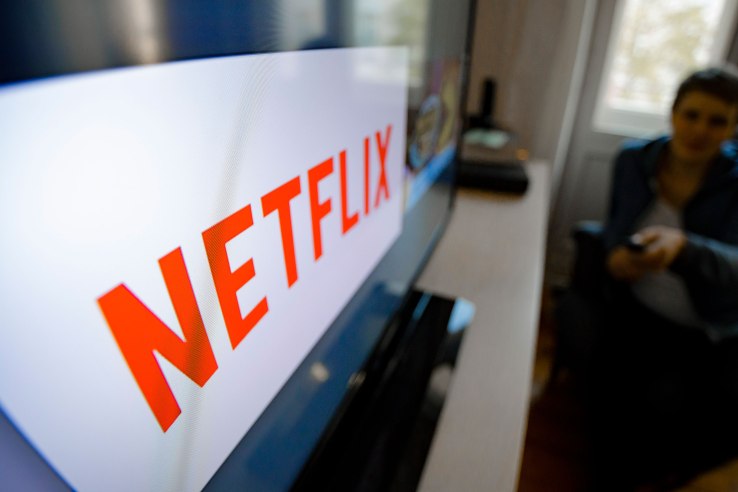

This week Netflix trumpeted its users collectively streaming one billion hours of content weekly in 2017.
Also this week: Netflix reminded its ~110M global subscribers that while they’re paying to watch the content available on its platform, Netflix is busy watching what they’re watching…
In this age of online user profiling ad-targeted omnipresent surveillance capitalism you might think a jesty tweet poking a little festive fun would go unremarked.
Or maybe even be taken as the lighthearted teaser it was apparently intended.
Oh-ho-ho NO.
The first rule of surveillance capitalism is you don’t talk about surveillance capitalism.
The second rule of surveillance capitalism is you definitely don’t talk about surveillance capitalism if you’re actually taking cold hard cash from users of your product — i.e. not simply charging them via your ability to rinse their likes and dislikes out of their personal data to fuel your ad-targeting engine.
The digital rule of thumb states that if it’s free you’re the product (so your personal data is the payment you are making for accessing the ‘free’ service).
Whereas online lore does not at all prime users of subscription services that their viewing habits might be fair game for a few Twitter lolz because someone with a surfeit of festive spirit working out of the company’s social media division had a poke around in the database and thought they’d found something funny.
Stop digging Netflix. Just stop.
Of course even a paying service like Netflix is going to harvest and analyze user data — for all sorts of purposes. Its privacy policy, which all users have to agree to to use the service, states as much.
Powering individual recommendations via its recommendation engine is just one example of why it’s useful for Netflix to watch what you watch — so that it can surface other content you might like to see.
But that’s not at all what’s going on here.
Instead Netflix has given us a glimpse of a very cavalier attitude to privacy which raises serious questions about how or even whether the company limits employee access to user data and individuals’ viewing habits.
Even anonymized data — if that’s truly what it was in this case, as its follow up tweet claims — can be re-identified pretty easily.
In this instance it wouldn’t take much additional information for the 53 people here being publicly mocked by Netflix for their Netflix viewing habits to be identified as the likely subjects of ridicule by their family or friends, for instance.
Really it’s just a horrible situation for any business to have created.
Indeed, it brings to mind that time Uber thought it was such great fun to post a blog about what it dubbed “rides of glory” — aka one night stands. (And, well, the less said about Uber and data privacy the better.)
Given the 53 Netflix customers were also paying Netflix to use its streaming service it’s frankly inexcusable.
We reached out to the company with questions and will update this post with any response.
Digital data has been shown time and again to represent a temptation and a risk. Robust systems for encrypting, storing and provisioning access to user information to minimize risk are the very minimum paying customers should be able to expect.
But businesses that want to avoid a Netflix-type snafu would do well to also invest liberally in privacy awareness training for all employees — to make it abundantly clear that being a creep is never cool.
Featured Image: Thomas Trutschel/Photothek via Getty Images

